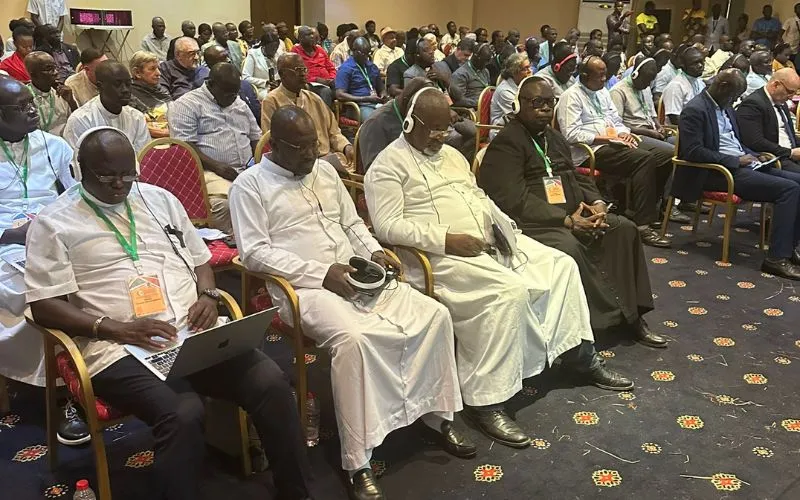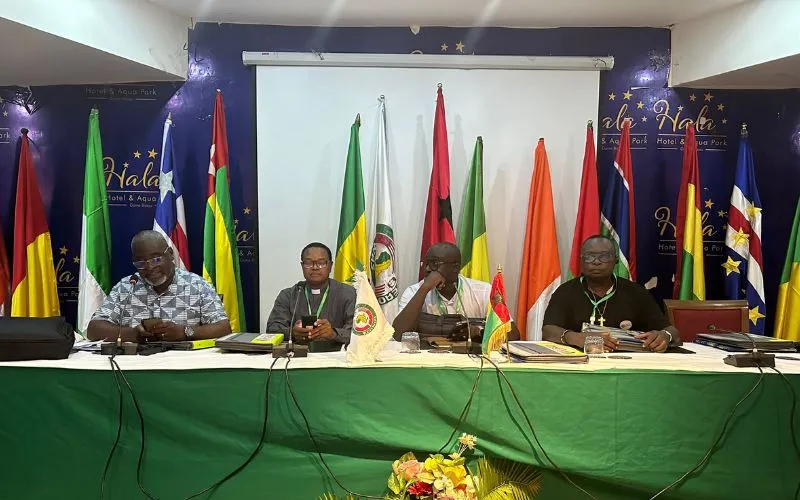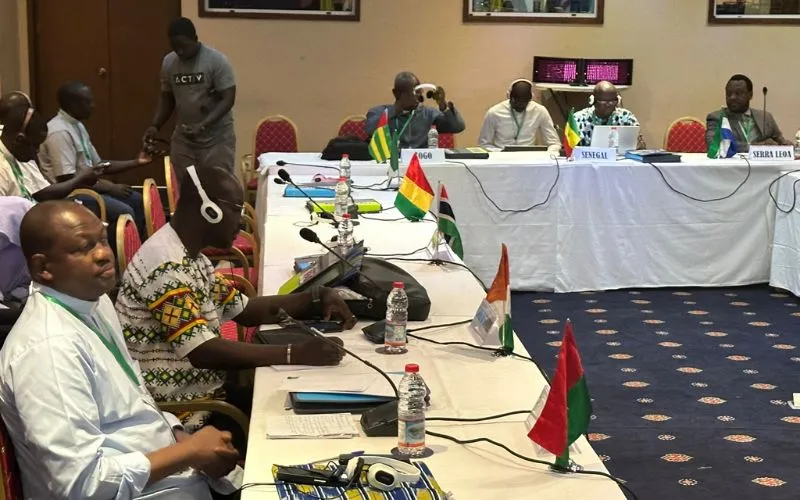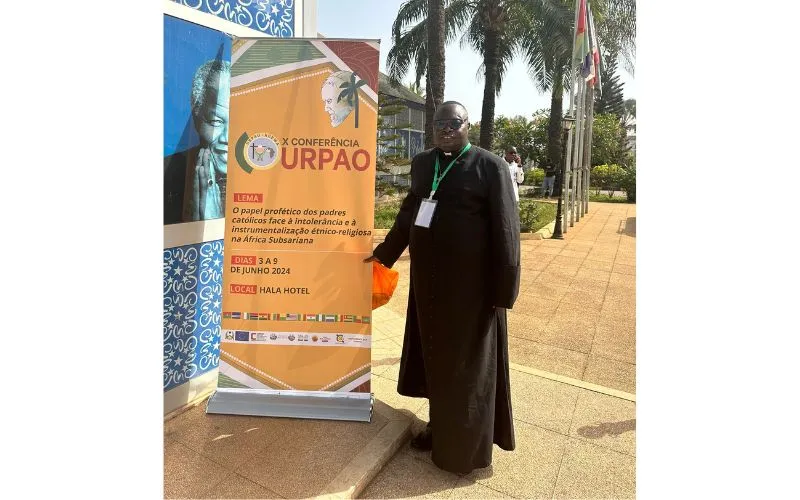Bissau, 05 June, 2024 / 11:00 pm (ACI Africa).
Catholic priests in West Africa who are meeting in Guinea-Bissau for their general assembly have been urged to propose ways to address ethnic and religious divisions in the region.
In his goodwill message to the 10th Conference of the Regional Union of West African Priests, Archbishop Edward Tamba Charles of Sierra Leone’s Archdiocese of Freetown expressed regret that many countries in West Africa are experiencing divisions on tribal lines and that some of these divisions are manifest in the Church.
Themed “The prophetic role of priests in the face of intolerance and ethnic-religious instrumentalization in Sub-Saharan Africa”, the priests’ assembly started on June 2 and is to end on June 11.
Archbishop Tamba Charles noted that the theme of the assembly is relevant in light of the current situation in West Africa where most countries are also experiencing a rise in religious-based violence.
“I commend you for the theme that you have chosen for this particular assembly. It is so relevant because our West African sub-region is witnessing a surge of conflicts of various kinds, including those of ethnic and religious nature. In such a situation, we priests have a vital role in spearheading conflict resolution and reconciliation because we are ordained to be ministers of a Church established by Jesus Christ to be a sacrament of union with God and of unity of all men and women,” Archbishop Tamba Charles said in the message that was shared with ACI Africa on Tuesday, June 4.




 Credit: Fr. Peter Konteh
Credit: Fr. Peter Konteh
 Credit: Fr. Peter Konteh
Credit: Fr. Peter Konteh Fr. Peter Konteh
Fr. Peter Konteh


